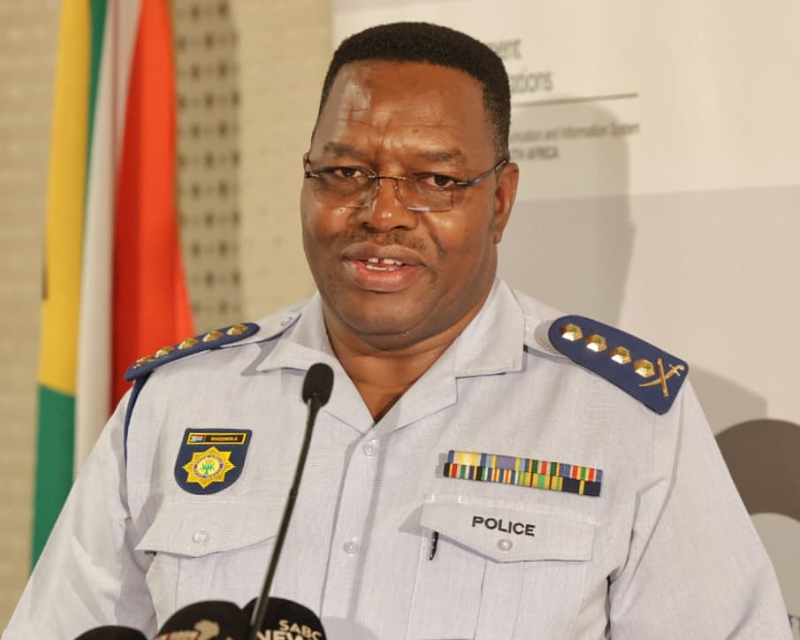Madlanga Commission Day 5: Masemola's Testimony Focuses on Political Interference
The Madlanga Commission of Inquiry continued its proceedings, focusing on allegations of political interference and corruption within the South African Police Service (SAPS). On Day 5, National Police Commissioner General Fannie Masemola faced intense scrutiny regarding his compliance with an order to disband the Political Killings Task Team (PKTT).
Masemola's Accusation Against Mchunu and Presidential Apathy
Masemola testified that he felt pressured by then-Police Minister Senzo Mchunu to dissolve the PKTT. He claimed Mchunu overstepped his authority, asserting that the disbandment order encroached upon his operational control. Masemola stated that while the Minister can set national policing priorities, operational decisions remain within the National Commissioner's mandate.
He lamented the lack of consultation prior to the disbandment directive, calling it a violation of his operational independence. Masemola further revealed that he raised the issue with President Cyril Ramaphosa, but received no feedback or action, raising concerns about the government's commitment to addressing politically motivated crimes.
The Role of the Minister vs. National Commissioner
During his testimony, Masemola clarified the distinct roles within the SAPS, emphasizing that while the Minister of Police can set national priorities, the operational control including the deployment of personnel, resources, and operational decisions, is within the National Commissioner’s mandate.
Allegations Against Deputy Commissioner Sibiya and SAPS Divisions
The commission also brought to light serious allegations against Masemola's deputy, Lt-Gen. Shadrack Sibiya, who is accused of having ties to underworld figures. This led to Sibiya's immediate suspension. The events surrounding the PKTT and Sibiya's suspension have highlighted deep divisions within the SAPS leadership, potentially jeopardizing its leadership and impacting South Africa’s political landscape given the rise in political assassinations.
The Effectiveness of the Political Killings Task Team
Masemola defended the effectiveness of the Political Killings Task Team, stating that it had high arrest and conviction rates and was even requested to handle other cases, such as corruption at Fort Hare University and the killings of traditional leaders. This contrasted with Mchunu's claim that the task team was "not adding value," a key point of contention within the inquiry.
Judge Madlanga's Questioning
Judge Mbuyiseli Madlanga, who chairs the commission, intensely questioned Masemola about why he complied with what he considered to be an unlawful order. The exchange highlighted the tension between political authority and police independence and raised questions about whether police leaders feel empowered to reject unlawful instructions from politicians. Madlanga pressed Masemola on why he didn't simply refuse the order, asking, “Why did you not say, ‘Minister, this disbandment is unlawful. I cannot do a wind-up report’?”
Ongoing Investigation and Implications
Masemola is expected to continue his testimony, addressing questions about possible corruption involving senior officers and links between the police and organised crime figures. The commission's findings will likely have significant implications for the leadership and integrity of the SAPS, as well as South Africa's broader political landscape. The inquiry, investigating criminality, political interference, and corruption within the criminal justice system has become one of the most closely followed inquiries in South Africa.
 Visit the website
Visit the website



